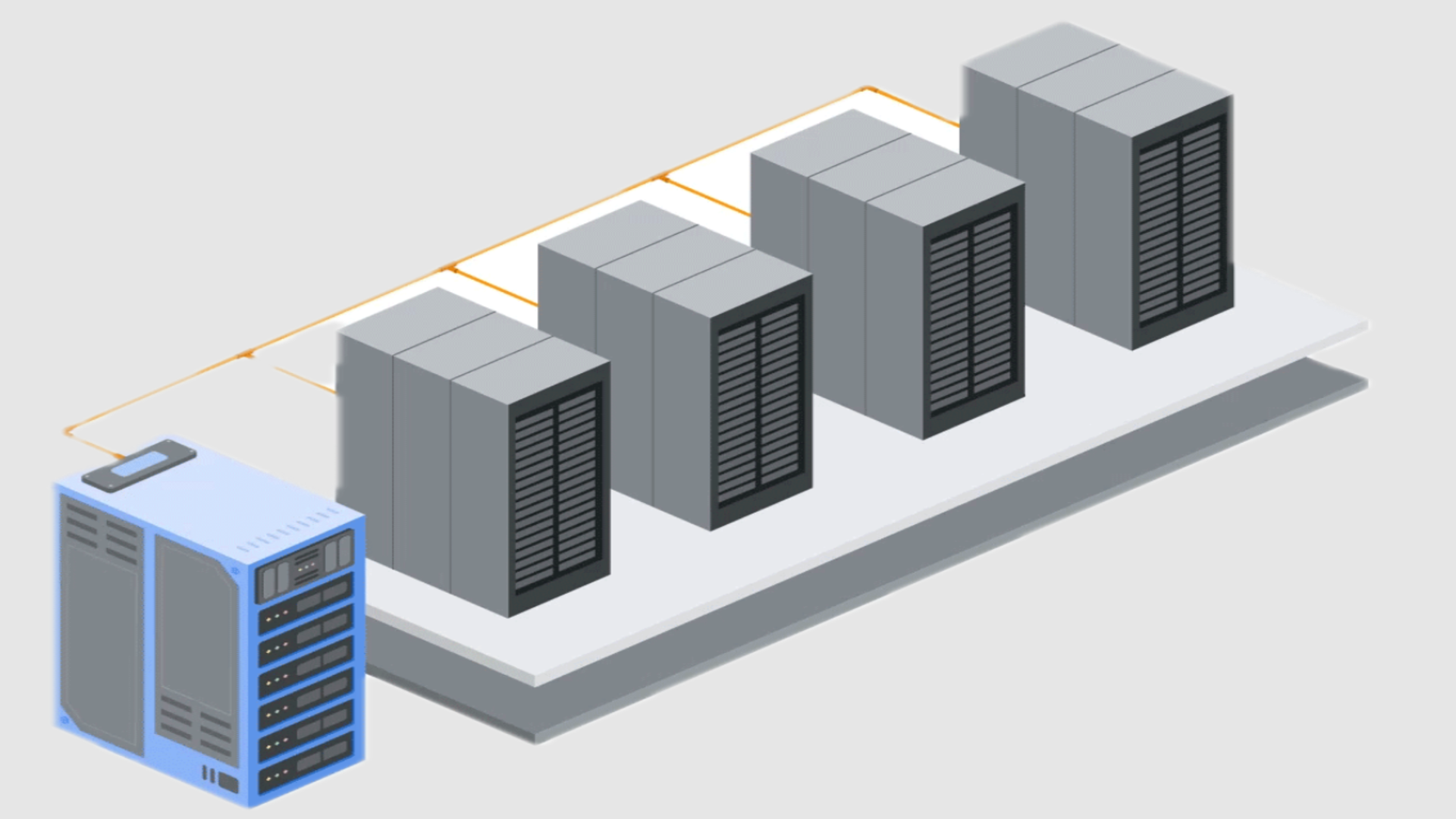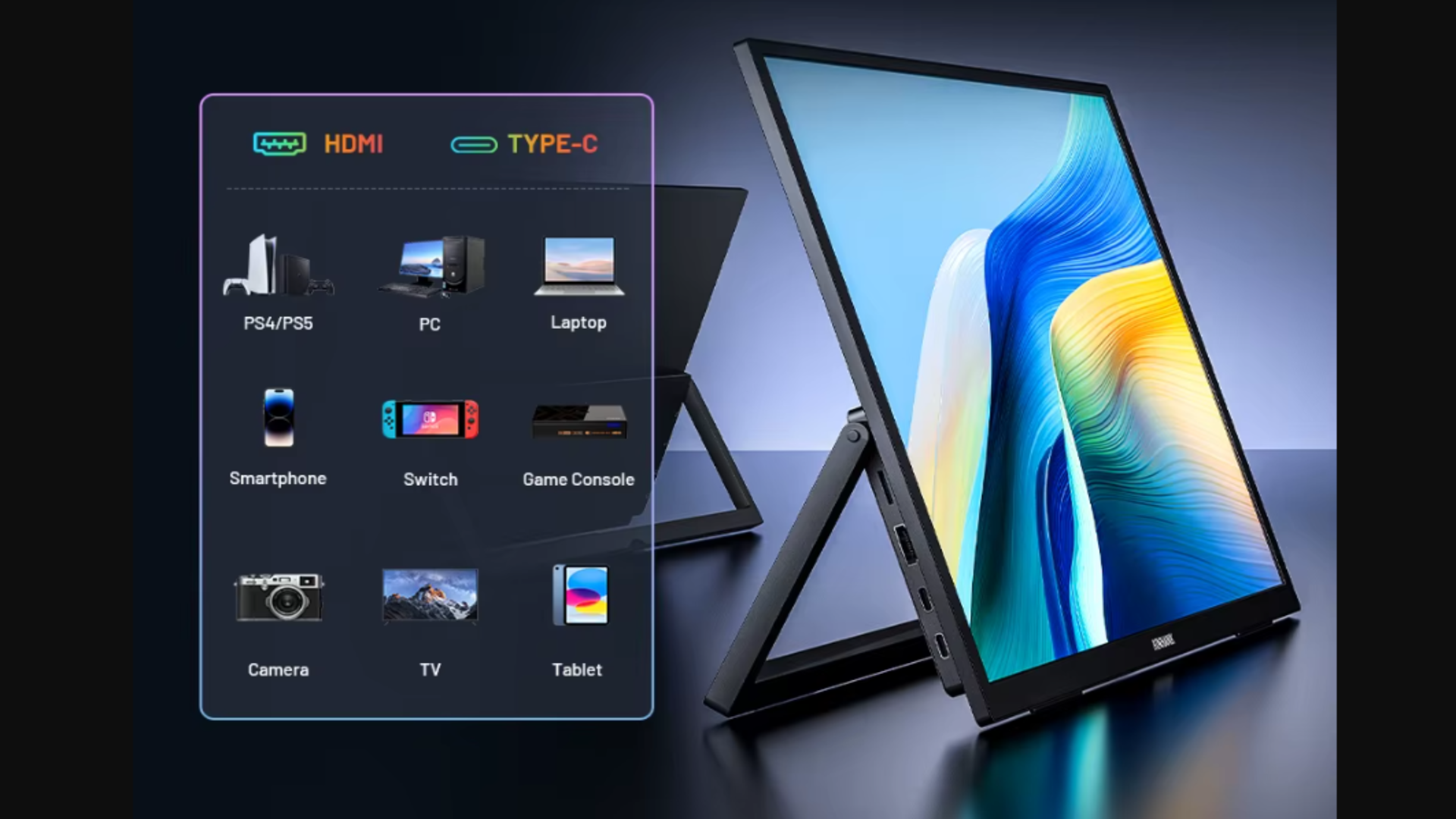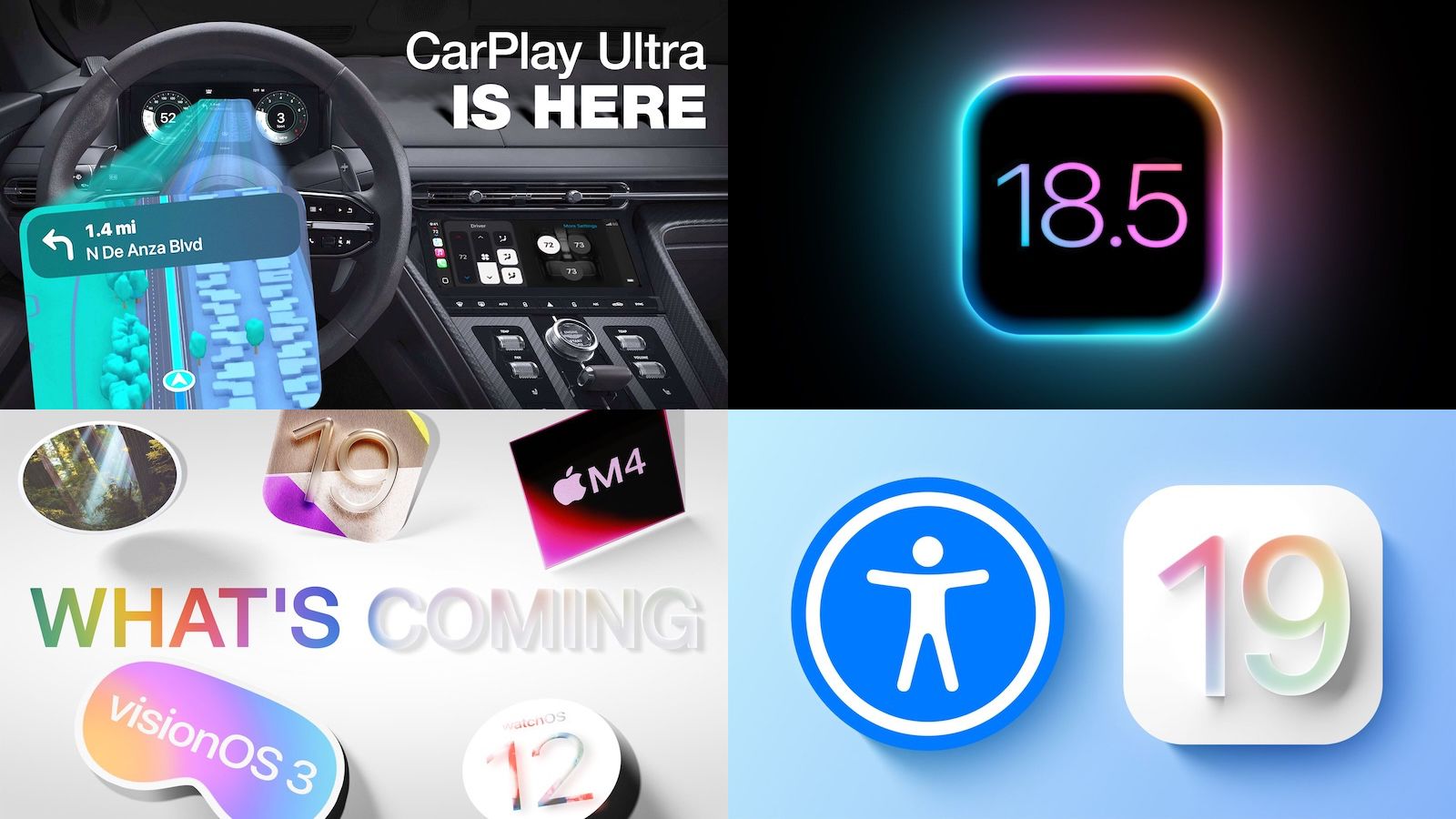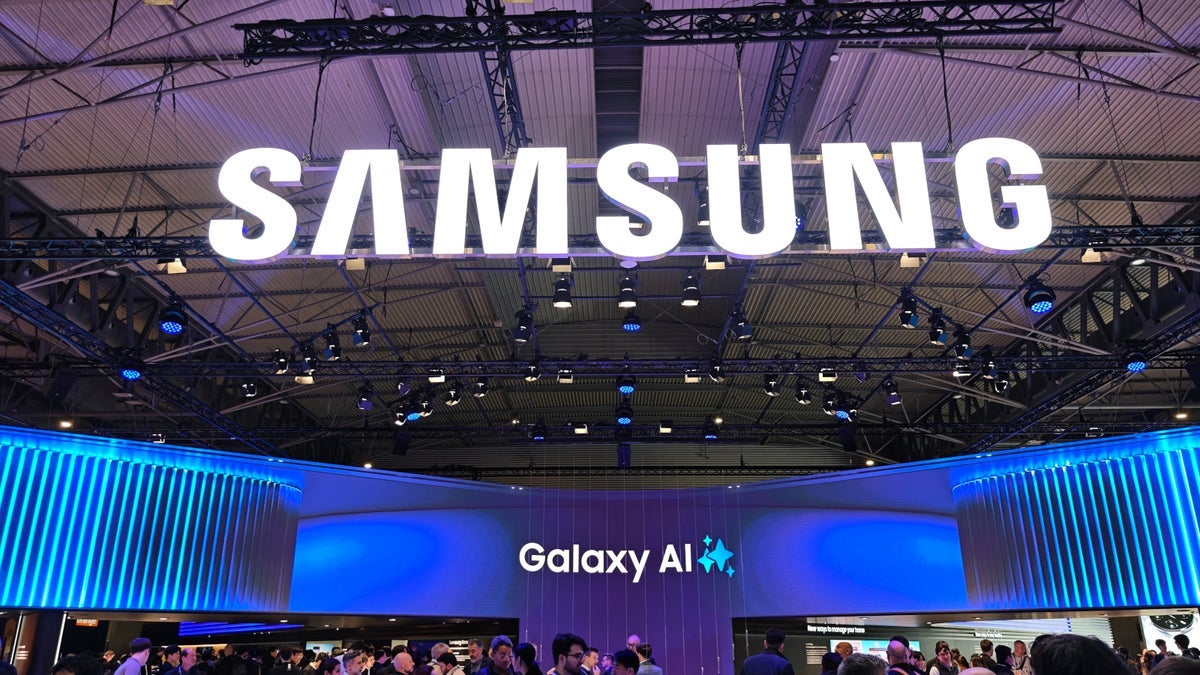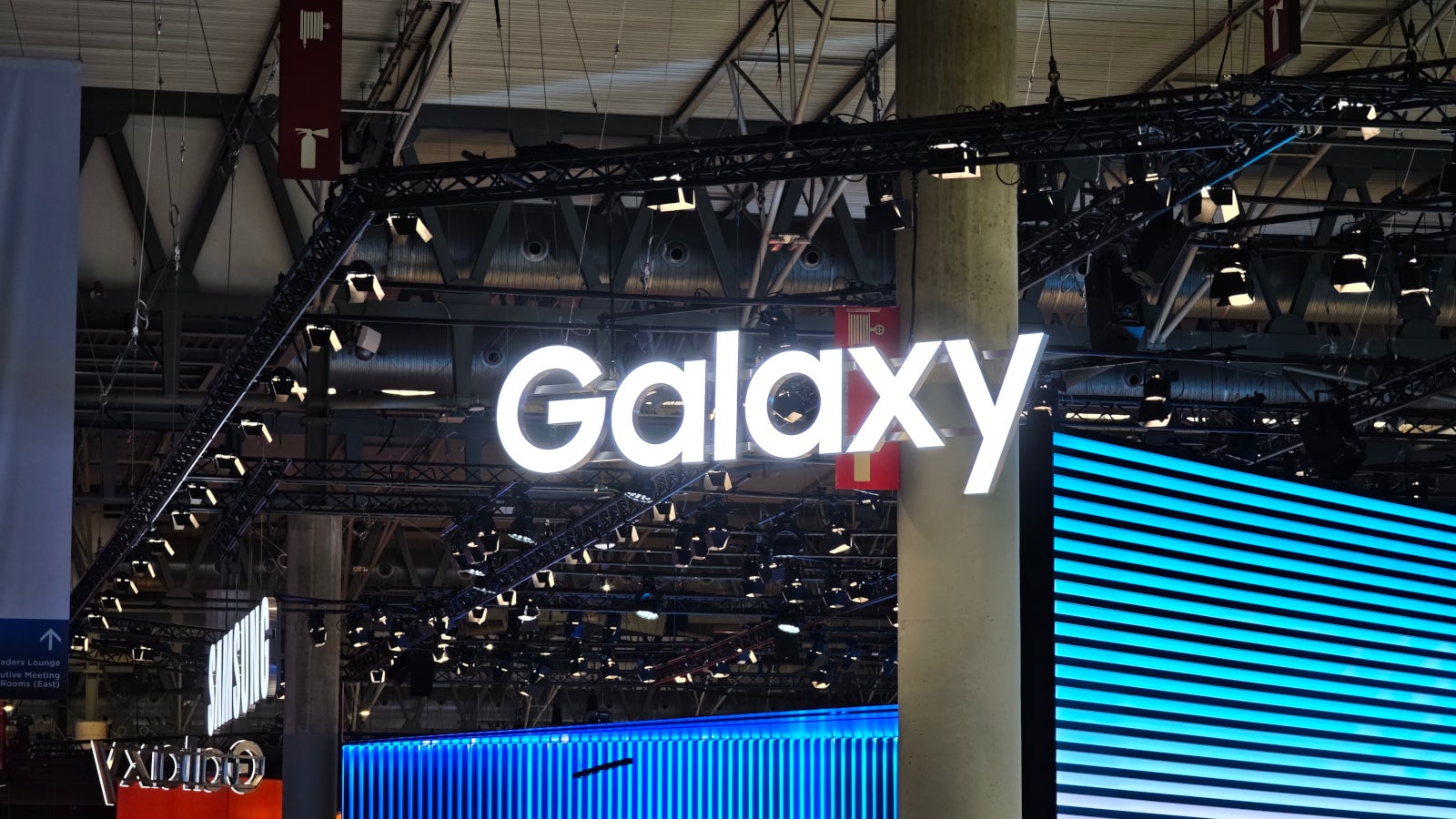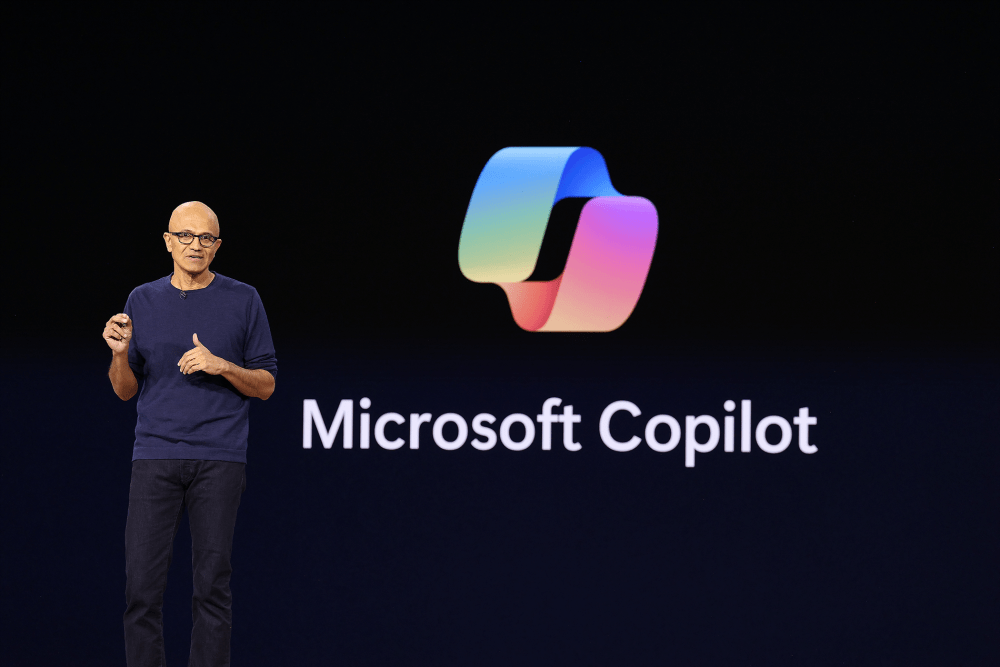Exploring Microsoft Copilot Studio and Model Context Protocol (MCP)
Revolutionizing AI Agent Capabilities with Context-Aware Integration Introduction As artificial intelligence advances, businesses and developers require flexible, scalable solutions that seamlessly integrate external data, APIs, and automation into their AI-powered agents. Microsoft Copilot Studio, combined with Model Context Protocol (MCP), bridges the gap between isolated AI models and enterprise-ready, context-aware applications. This article explores: The capabilities of Microsoft Copilot Studio. The significance of Model Context Protocol (MCP). How to integrate MCP within Copilot Studio. Practical use cases and benefits. Microsoft Copilot Studio: The AI Agent Builder **What is Copilot Studio? Microsoft Copilot Studio enables businesses to develop, customize, and manage AI-powered copilots tailored to their needs. It provides: ✅ Drag-and-drop conversation design ✅ Prebuilt AI actions and integrations ✅ Enterprise-grade security and compliance ✅ Seamless deployment across channels Core Features Integration with Power Platform & Azure – Extend AI agents using Power Automate and Azure services. Custom connectors & APIs – Build custom integrations to enhance data access. Adaptive AI responses – AI agents dynamically adjust based on user context. Multi-turn conversations – Create personalized user interactions with advanced logic. Model Context Protocol (MCP): Connecting AI Agents to External Data What is MCP? Model Context Protocol (MCP) is a universal framework that enables AI agents to connect seamlessly with external APIs, tools, and databases. It enhances an AI agent’s context-awareness, improving its decision-making capabilities. Why is MCP Important? Without MCP, AI agents may:
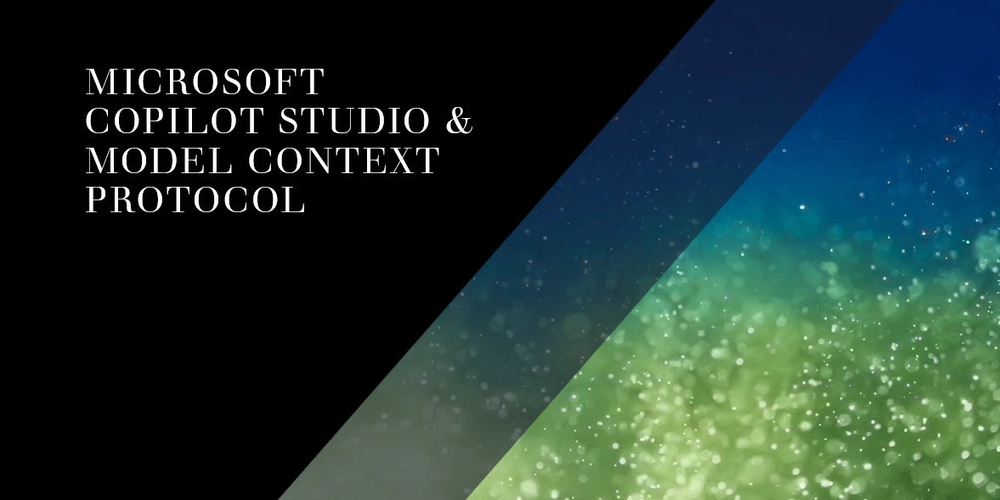
Revolutionizing AI Agent Capabilities with Context-Aware Integration
Introduction
As artificial intelligence advances, businesses and developers require flexible, scalable solutions that seamlessly integrate external data, APIs, and automation into their AI-powered agents. Microsoft Copilot Studio, combined with Model Context Protocol (MCP), bridges the gap between isolated AI models and enterprise-ready, context-aware applications.
This article explores:
- The capabilities of Microsoft Copilot Studio.
- The significance of Model Context Protocol (MCP).
- How to integrate MCP within Copilot Studio.
- Practical use cases and benefits.
Microsoft Copilot Studio: The AI Agent Builder
**What is Copilot Studio?
Microsoft Copilot Studio enables businesses to develop, customize, and manage AI-powered copilots tailored to their needs. It provides:
✅ Drag-and-drop conversation design
✅ Prebuilt AI actions and integrations
✅ Enterprise-grade security and compliance
✅ Seamless deployment across channels
Core Features
- Integration with Power Platform & Azure – Extend AI agents using Power Automate and Azure services.
- Custom connectors & APIs – Build custom integrations to enhance data access.
- Adaptive AI responses – AI agents dynamically adjust based on user context.
- Multi-turn conversations – Create personalized user interactions with advanced logic.
Model Context Protocol (MCP): Connecting AI Agents to External Data
What is MCP?
Model Context Protocol (MCP) is a universal framework that enables AI agents to connect seamlessly with external APIs, tools, and databases. It enhances an AI agent’s context-awareness, improving its decision-making capabilities.
Why is MCP Important?
Without MCP, AI agents may:

















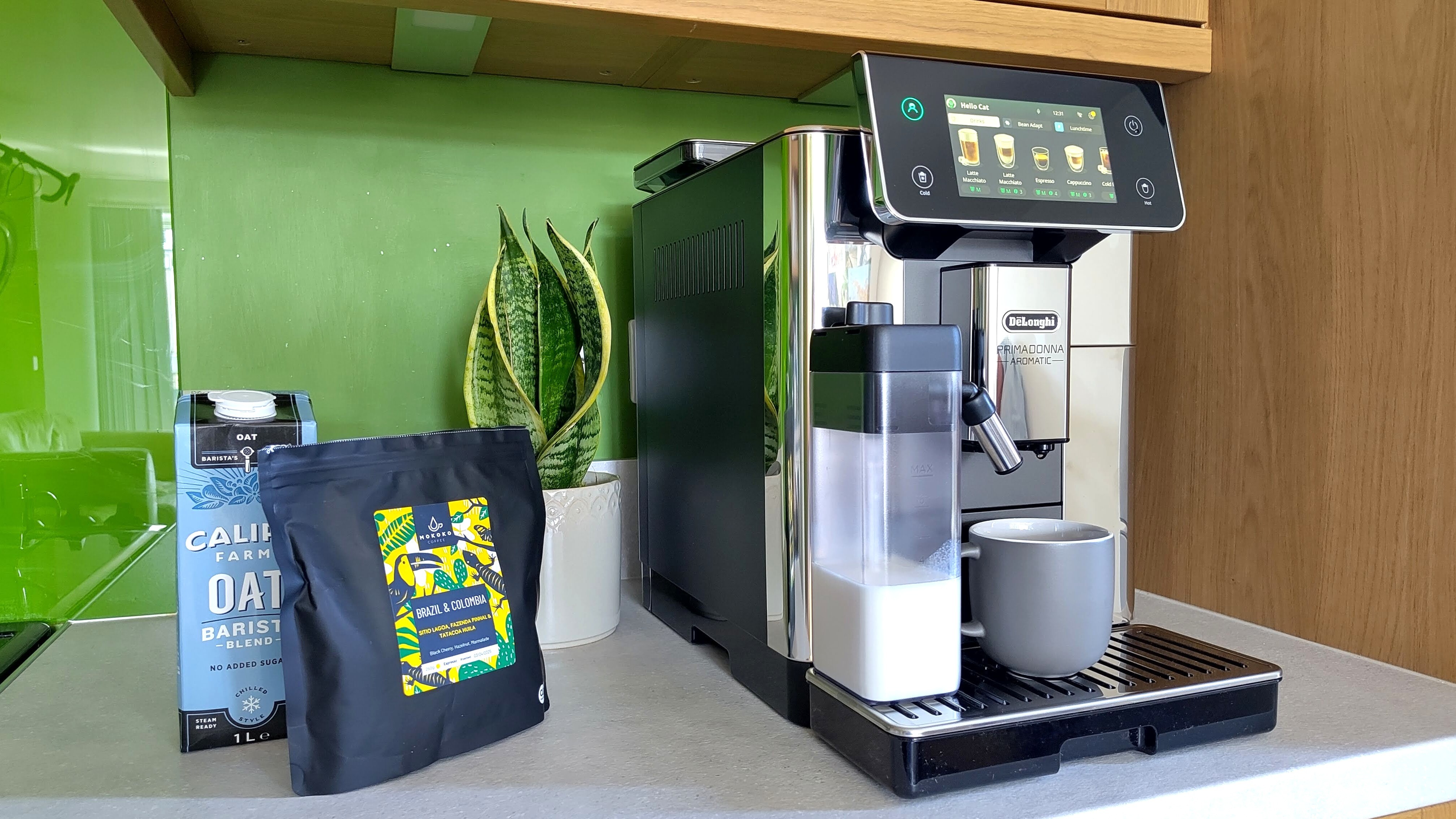


























































































































































![[The AI Show Episode 146]: Rise of “AI-First” Companies, AI Job Disruption, GPT-4o Update Gets Rolled Back, How Big Consulting Firms Use AI, and Meta AI App](https://www.marketingaiinstitute.com/hubfs/ep%20146%20cover.png)


























































































































![[FREE EBOOKS] Modern Generative AI with ChatGPT and OpenAI Models, Offensive Security Using Python & Four More Best Selling Titles](https://www.javacodegeeks.com/wp-content/uploads/2012/12/jcg-logo.jpg)




![How to make Developer Friends When You Don't Live in Silicon Valley, with Iraqi Engineer Code;Life [Podcast #172]](https://cdn.hashnode.com/res/hashnode/image/upload/v1747360508340/f07040cd-3eeb-443c-b4fb-370f6a4a14da.png?#)


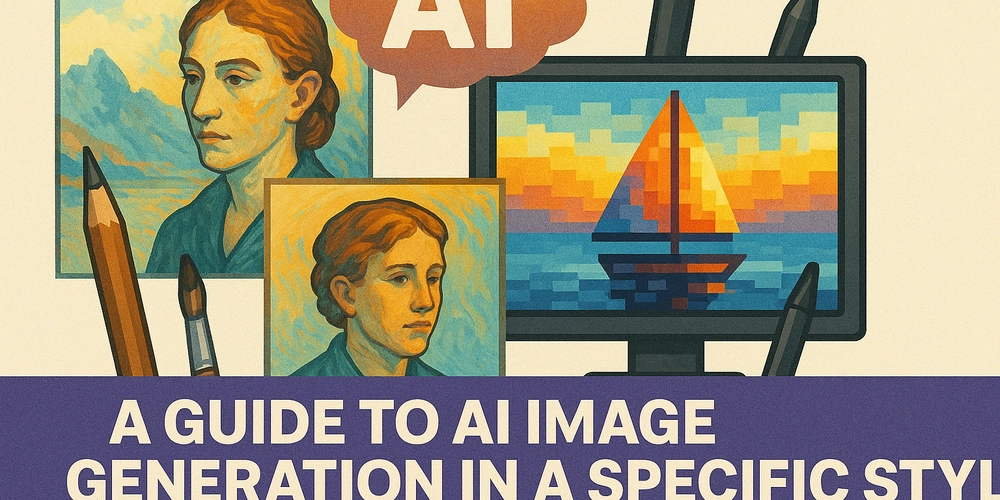










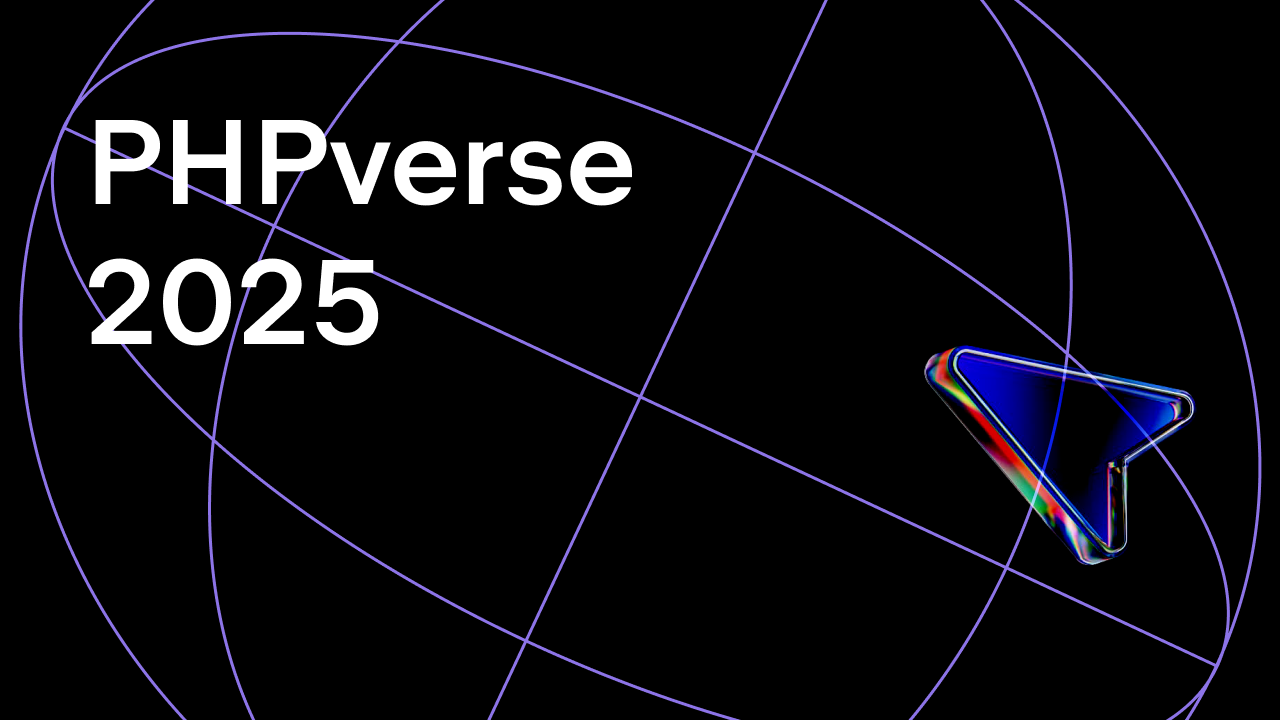































































































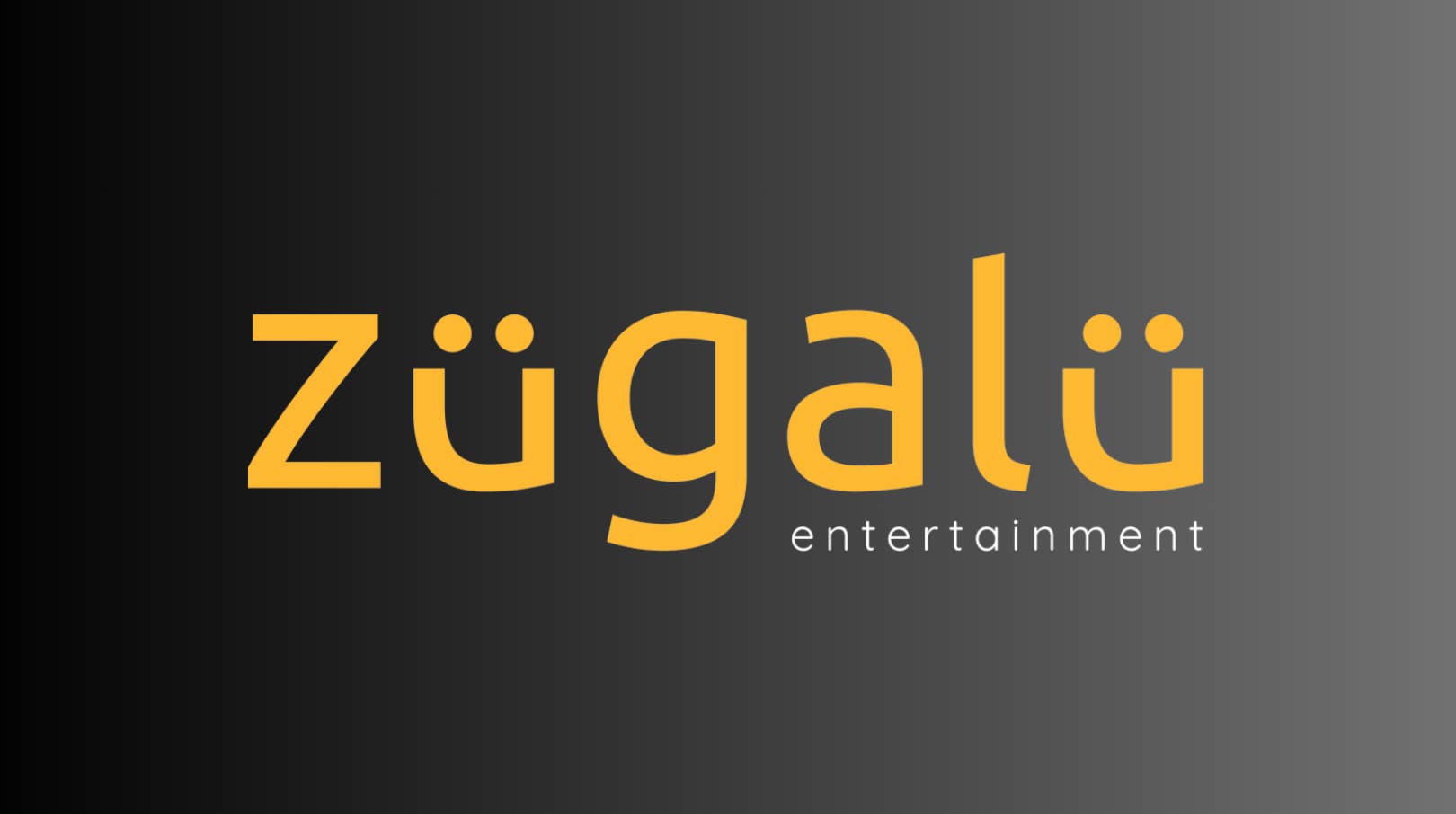



























![[Virtual Event] Strategic Security for the Modern Enterprise](https://eu-images.contentstack.com/v3/assets/blt6d90778a997de1cd/blt55e4e7e277520090/653a745a0e92cc040a3e9d7e/Dark_Reading_Logo_VirtualEvent_4C.png?width=1280&auto=webp&quality=80&disable=upscale#)




































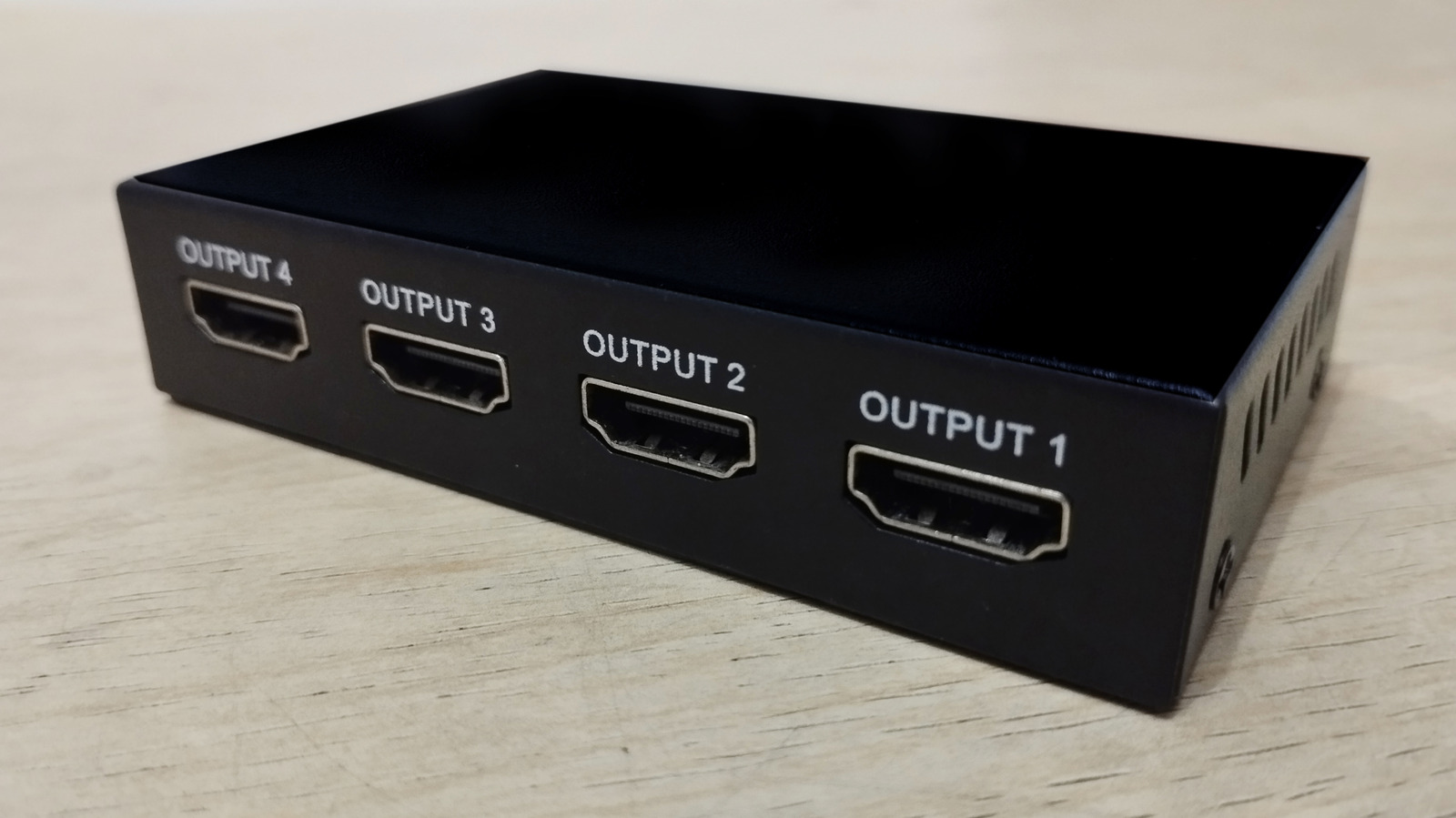
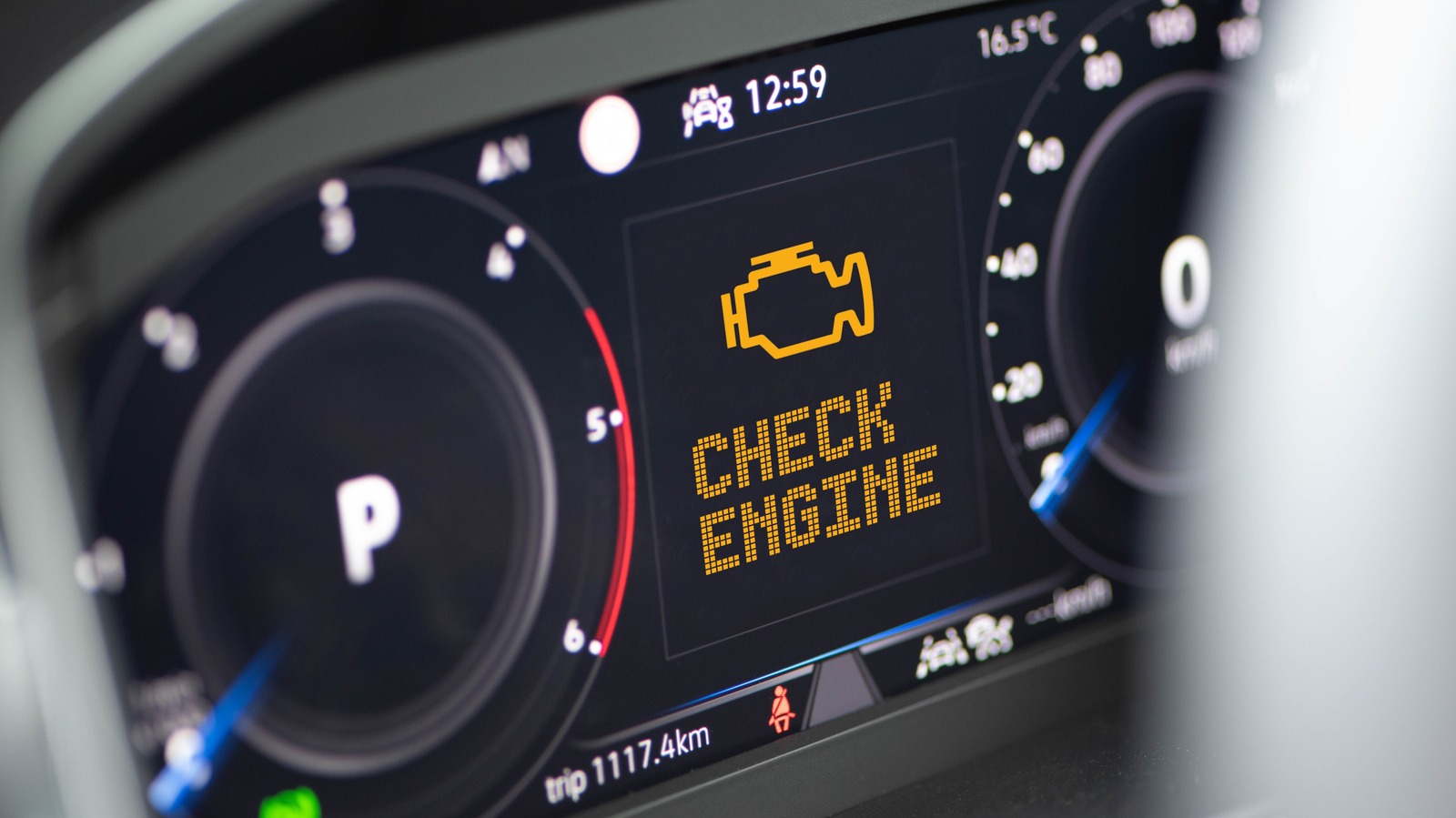












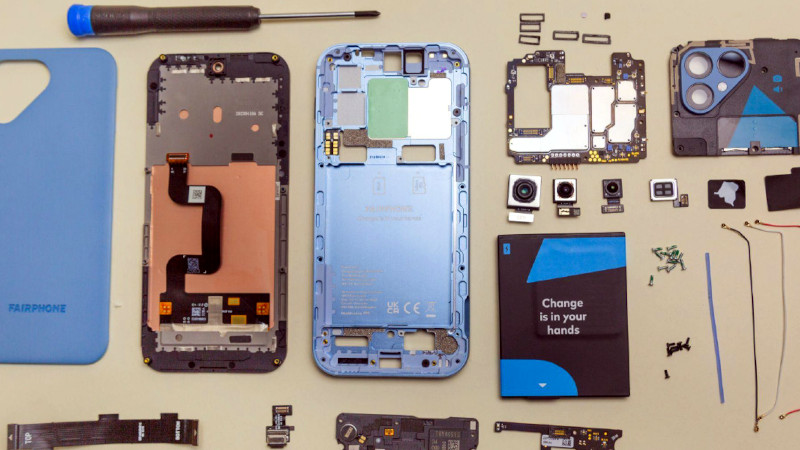
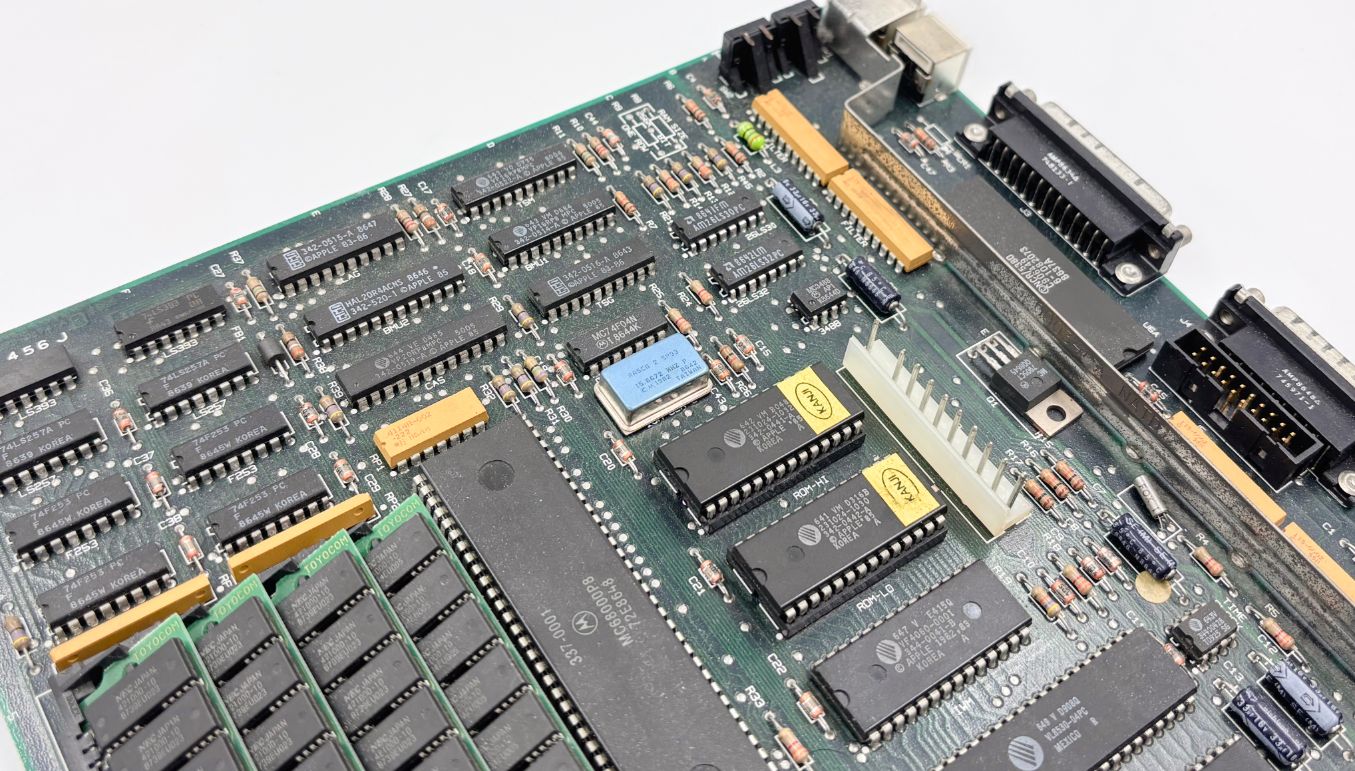



















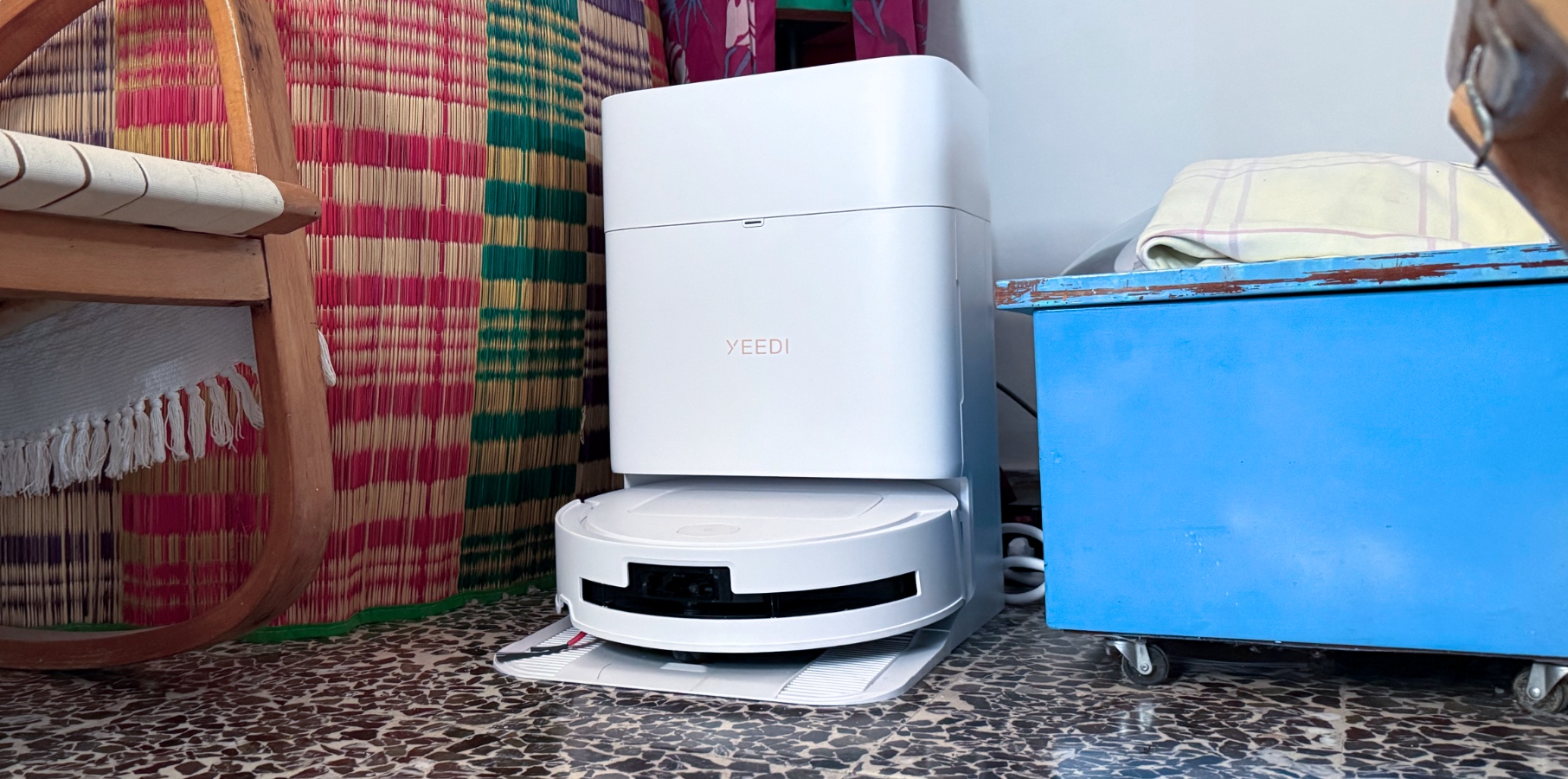







-xl-(1)-xl-xl.jpg)



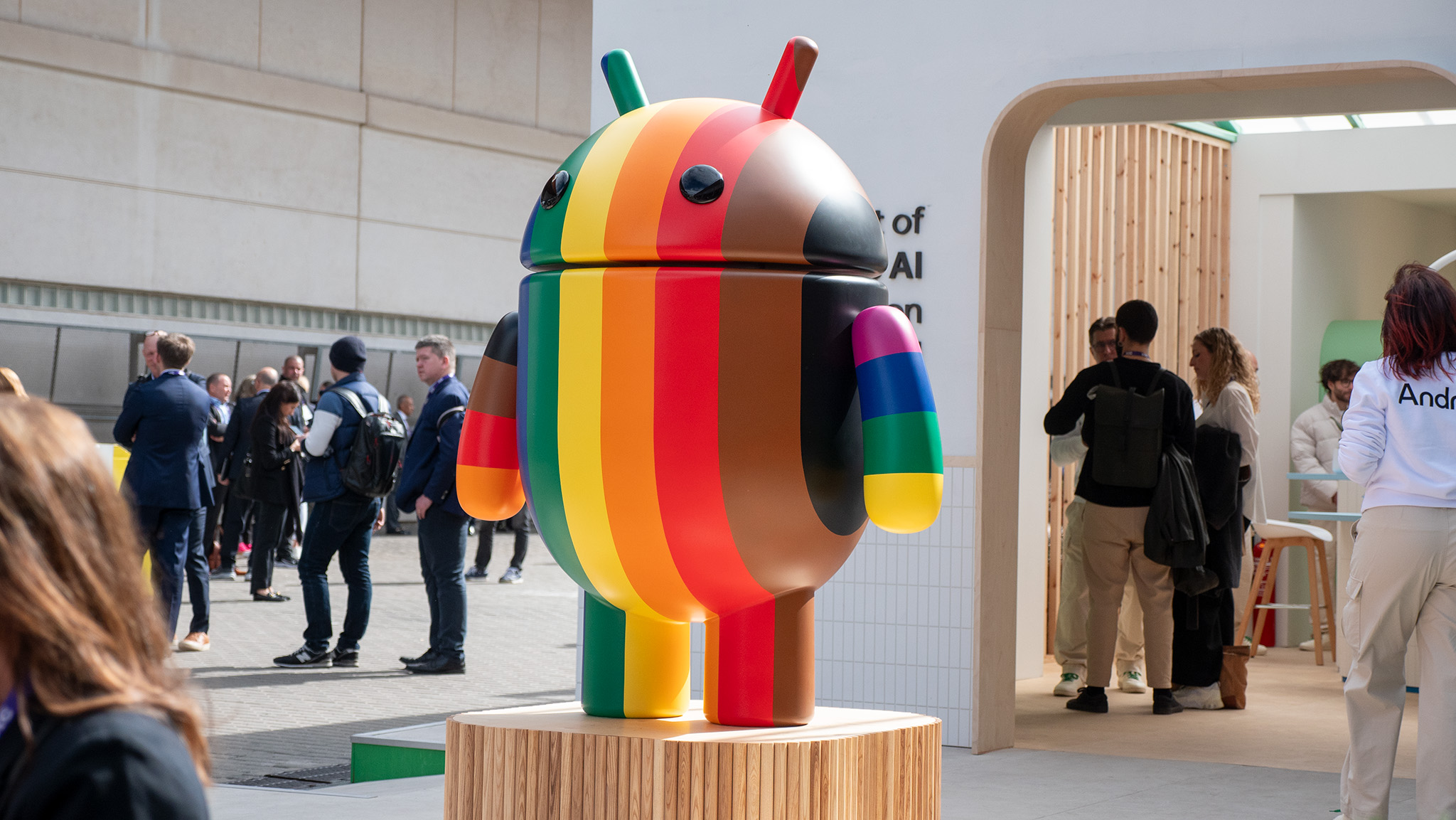
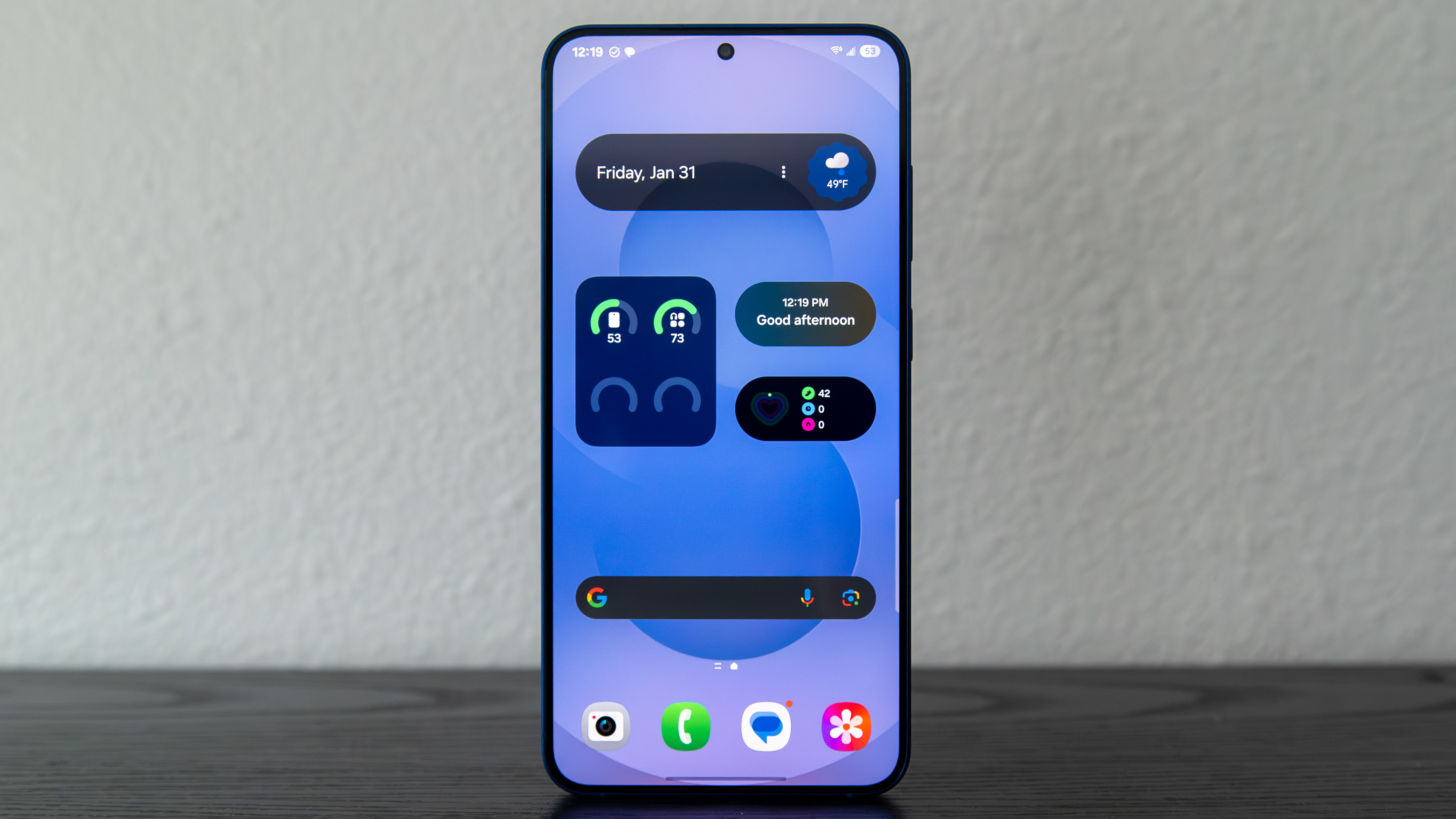

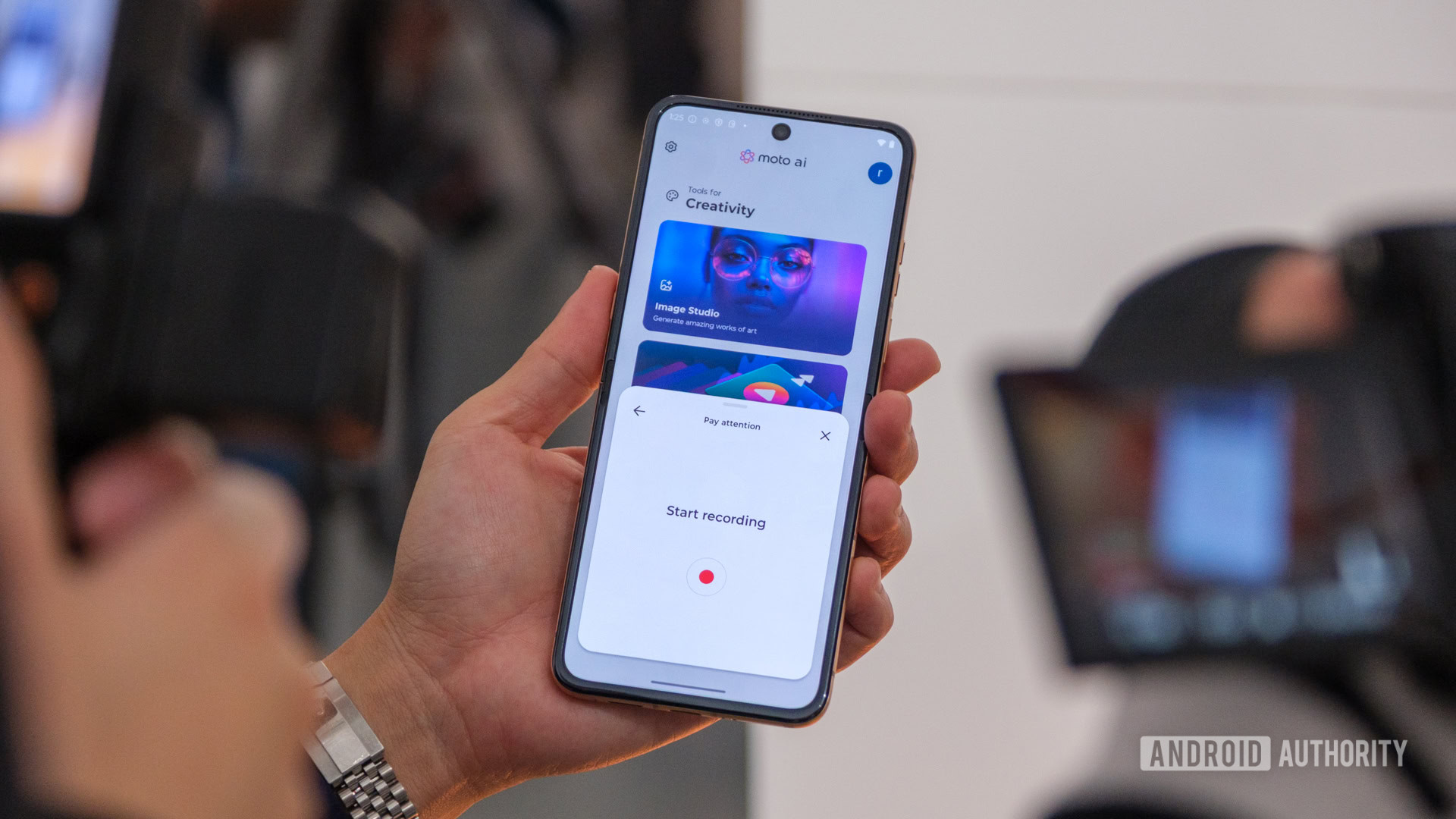
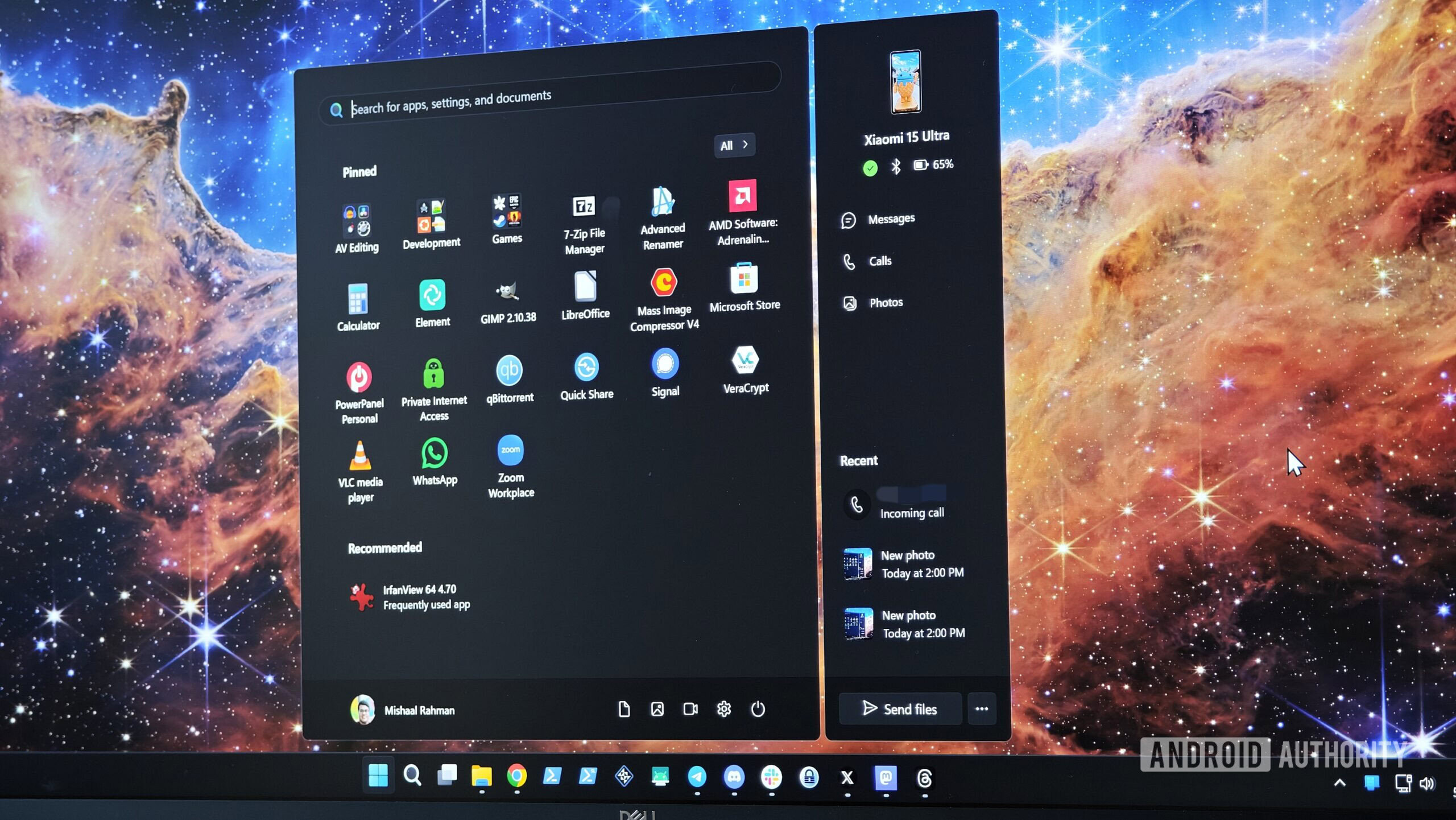


















![iPhone 17 Air Could Get a Boost From TDK's New Silicon Battery Tech [Report]](https://www.iclarified.com/images/news/97344/97344/97344-640.jpg)
![Vision Pro Owners Say They Regret $3,500 Purchase [WSJ]](https://www.iclarified.com/images/news/97347/97347/97347-640.jpg)
![Apple Showcases 'Magnifier on Mac' and 'Music Haptics' Accessibility Features [Video]](https://www.iclarified.com/images/news/97343/97343/97343-640.jpg)
![Sony WH-1000XM6 Unveiled With Smarter Noise Canceling and Studio-Tuned Sound [Video]](https://www.iclarified.com/images/news/97341/97341/97341-640.jpg)















